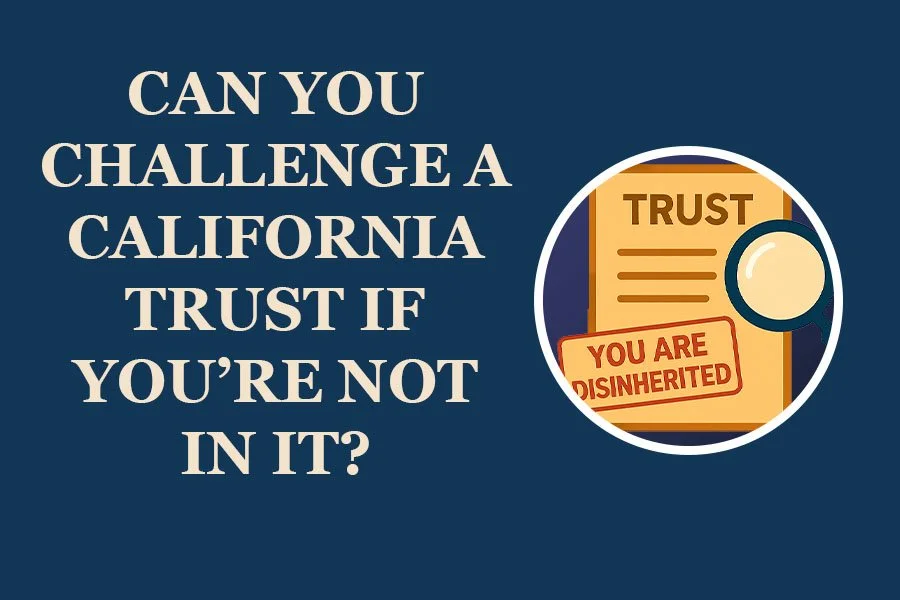Credit Card Debt After Death: Who's Responsible?
What happens to the credit card debt of a loved one after they pass away?
It’s nearly impossible to function nowadays without a credit card. This has led to many of our clients coming to us asking what happens to the credit card debt of their loved ones when they pass away.
A person’s estate is liable for the credit card debt remaining after death, not their spouse, children etc. However, where one is a joint account holder for the card, they will be liable for the outstanding debt on the credit card. Individuals (even those who are merely authorized users) are not liable for any remaining debt.
However, this does not mean that the debt may just be ignored. As the decedent's estate is liable for the debt, this means that the creditor can (and will) seek repayment from any funds remaining in their estate - directly impacting any inheritance that beneficiaries will receive. Therefore, after tallying up and gaining access to funds in a decedent's estate, outstanding debts should be paid (including credit card debt) before any inheritances are distributed. If you choose to talk to the creditor to discuss repayment of any outstanding debt, you should try to negotiate the debt, especially if there are insufficient funds left in a person’s estate and there are other creditors seeking repayment as well.
In addition, you should review any estate planning documents left behind (such as a trust or a will) to see if they provide any direction on settling outstanding debts. Trusts often indicate that trustees or beneficiaries are not obligated to pay the debts but give the trustee the authority to settle such. You should often speak to an attorney before exercising such powers or if you are unsure what authority you might have.
If there are no estate planning documents in place and the decedent’s estate has to go through probate (court process of transferring a decedent’s estate (title) to the rightful heirs of the estate), the court may order outstanding debts to be paid if a creditor files a claim.
Here are some additional points you should keep in mind:
Joint account holders/co-signers (not mere authorized users) are liable for outstanding credit card debt. Check your credit score regularly to know if you are a joint account holder!
Authorized users should not use the card after death. You may be liable for committing fraud.
Speak to an attorney for more details about liability and community property where there has been a divorce.
Remember: Individuals are not liable for credit card debts, but the decedent’s estate and joint account holders are.
Additional Resources:
Consumer Financial Protection Bureau
What is Probate (video)
Advantages to Probate



